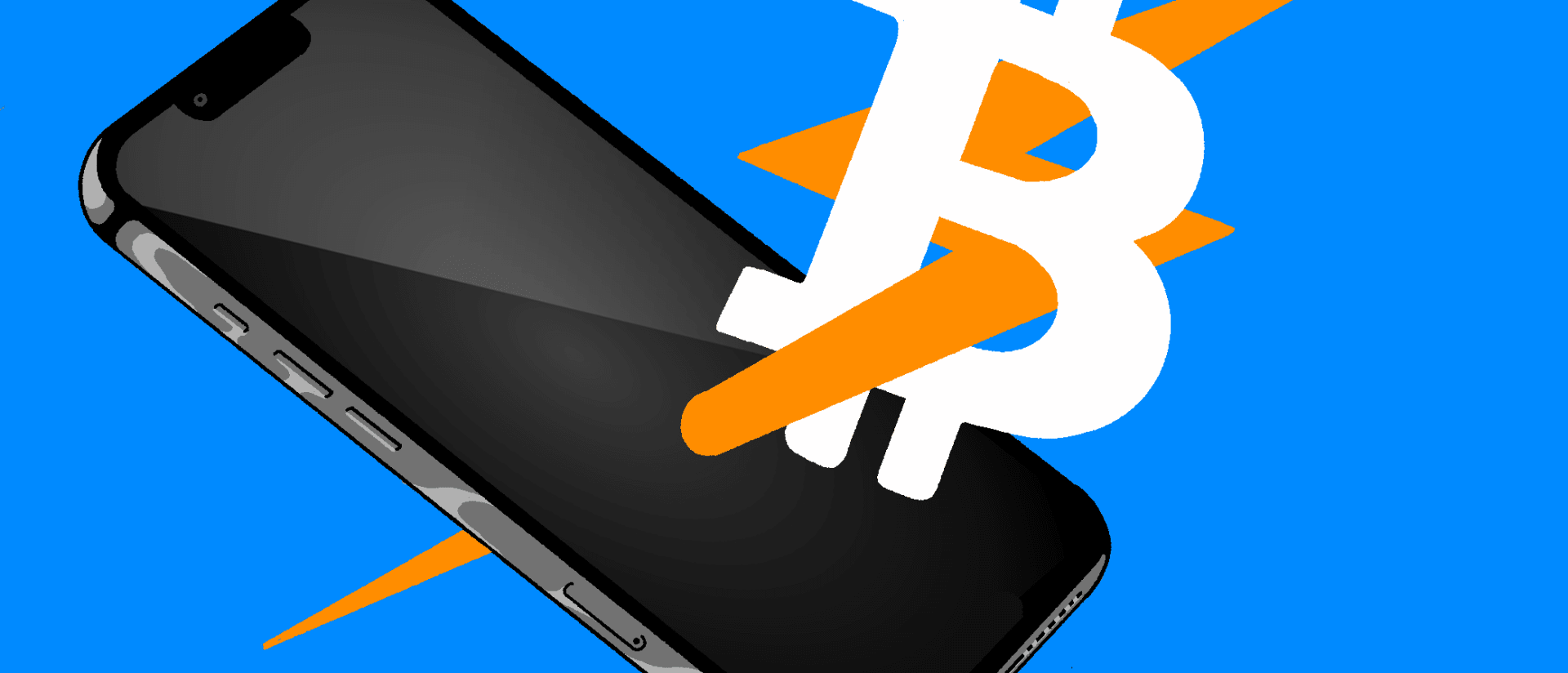Bitcoin app CoinCorner said in a statement Monday that it had enabled Send Globally, a feature that lets foreign users instantly and cheaply send remittances to Africa, for its EU and U.K. customers.
The feat is made possible through a partnership with Africa-based Bitcoin app Bitnob, and comes on the heels of a similar team-up with Lightning payments app Strike.
Strike last week enabled Send Globally for its U.S. users, letting them instantly transfer money to bank accounts in Nigeria, Ghana and Kenya with minimal fees.
Bitnob bridges the gap between local citizens and people in the U.S., EU and U.K. with Bitcoin’s Lightning Network, the peer-to-peer currency’s overlay protocol for cheap and fast payments.
“For us at Bitnob, this is another leap forward in economic empowerment for Africans,” said Bernard Parah, CEO of Bitnob, in a statement. “Sub-Saharan Africa remains the most expensive region to send money to, where sending $200 costs an average of 8.2 percent in the fourth quarter of 2020 according to the World Bank. Bitcoin is powering the future of money and this partnership highlights a strong use case of what the future will look like.”
Under the hood, Send Globally works by having each of the local Bitcoin apps be the fiat on- and off-ramps. First, U.S. dollars, euros or British pounds get converted to bitcoin by Strike or CoinCorner. The BTC is then sent through Lightning to Bitnob. Finally, the African app deposits the corresponding amount in local currency to the receiving user. Despite all these steps, the process is cheap and nearly instantaneous, thanks to the speed and efficiency of Lightning.
“The borderless nature of Bitcoin has always made it a great tool for sending money around the world, but now with the Lightning Network, sending Bitcoin is instant and very low cost,” said Danny Scott, CoinCorner CEO, in a statement. “By partnering with Bitnob to provide a seamless cross-border experience using Bitcoin and the Lightning Network, we hope to remove some of the friction and cost that customers experience when using traditional FX and money remittance companies.”





